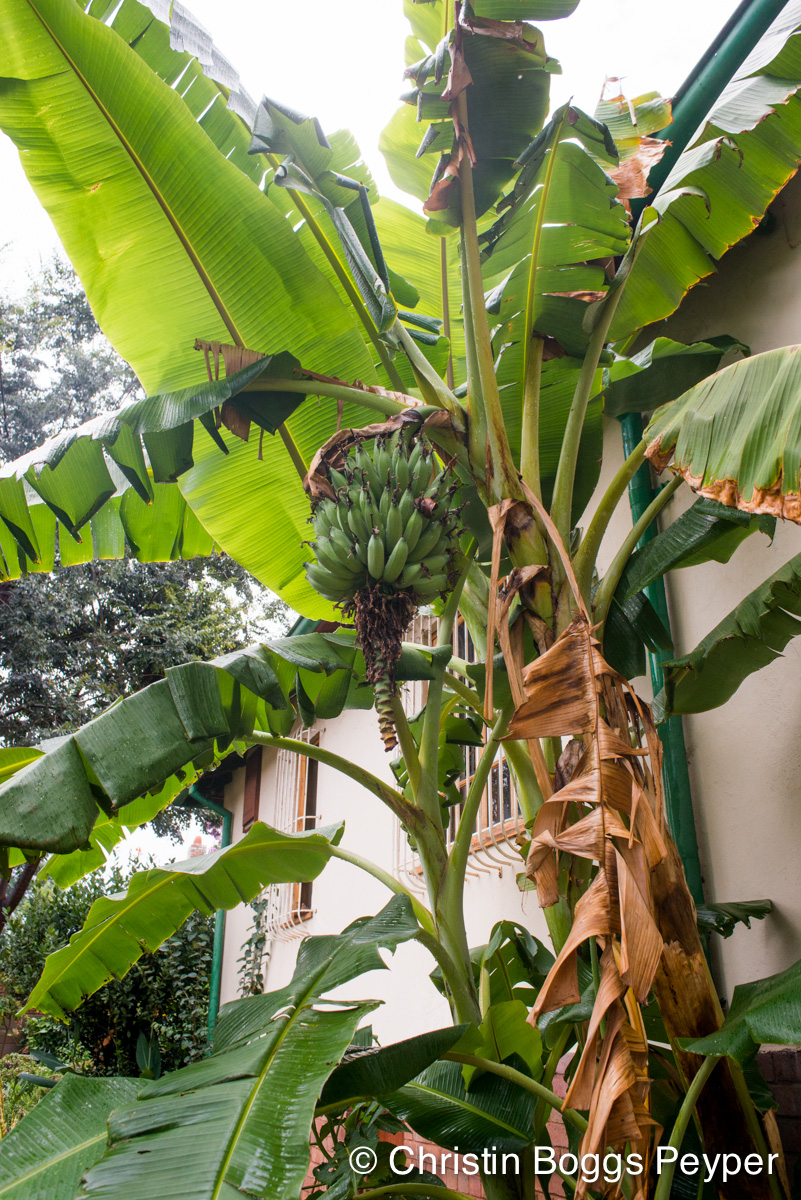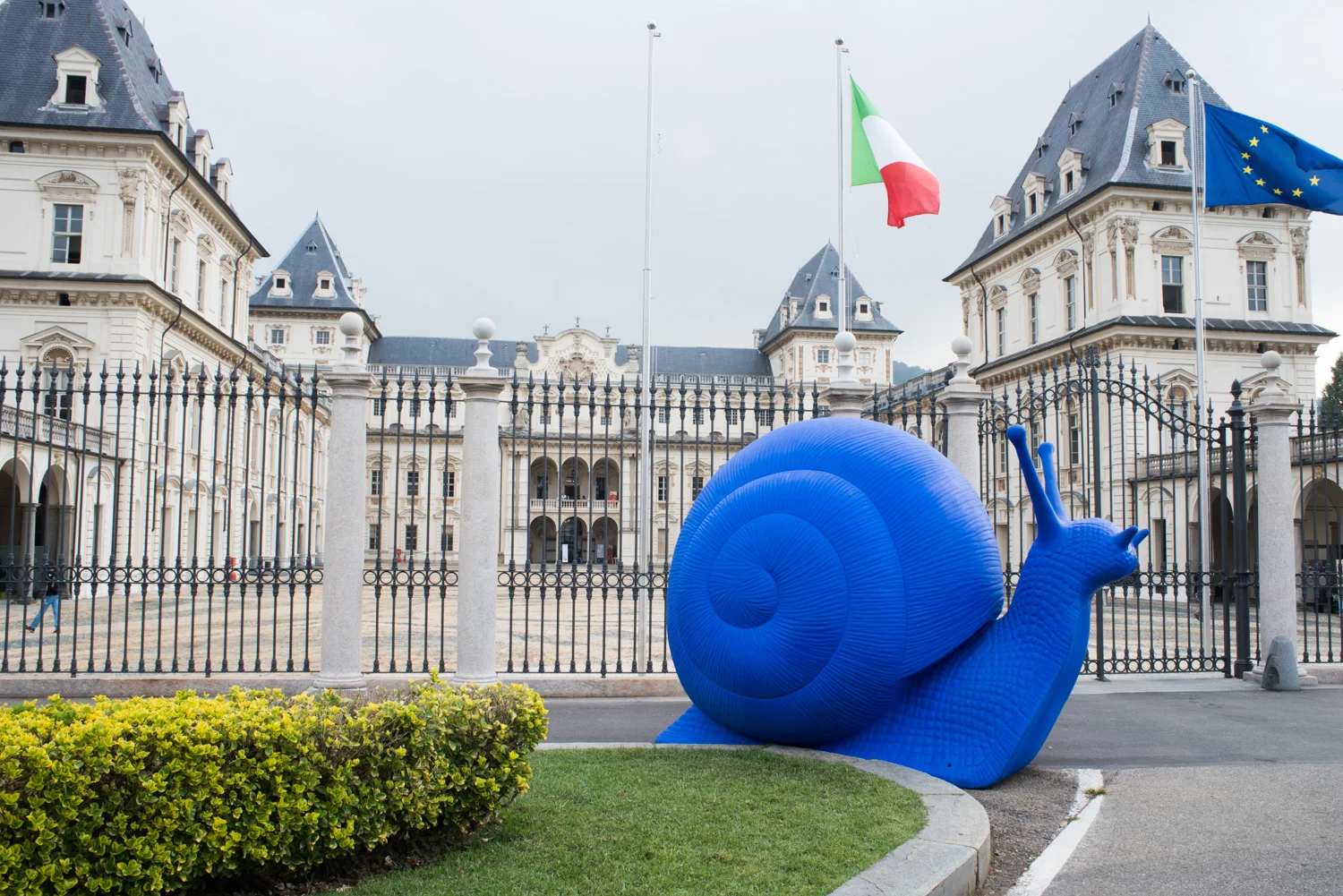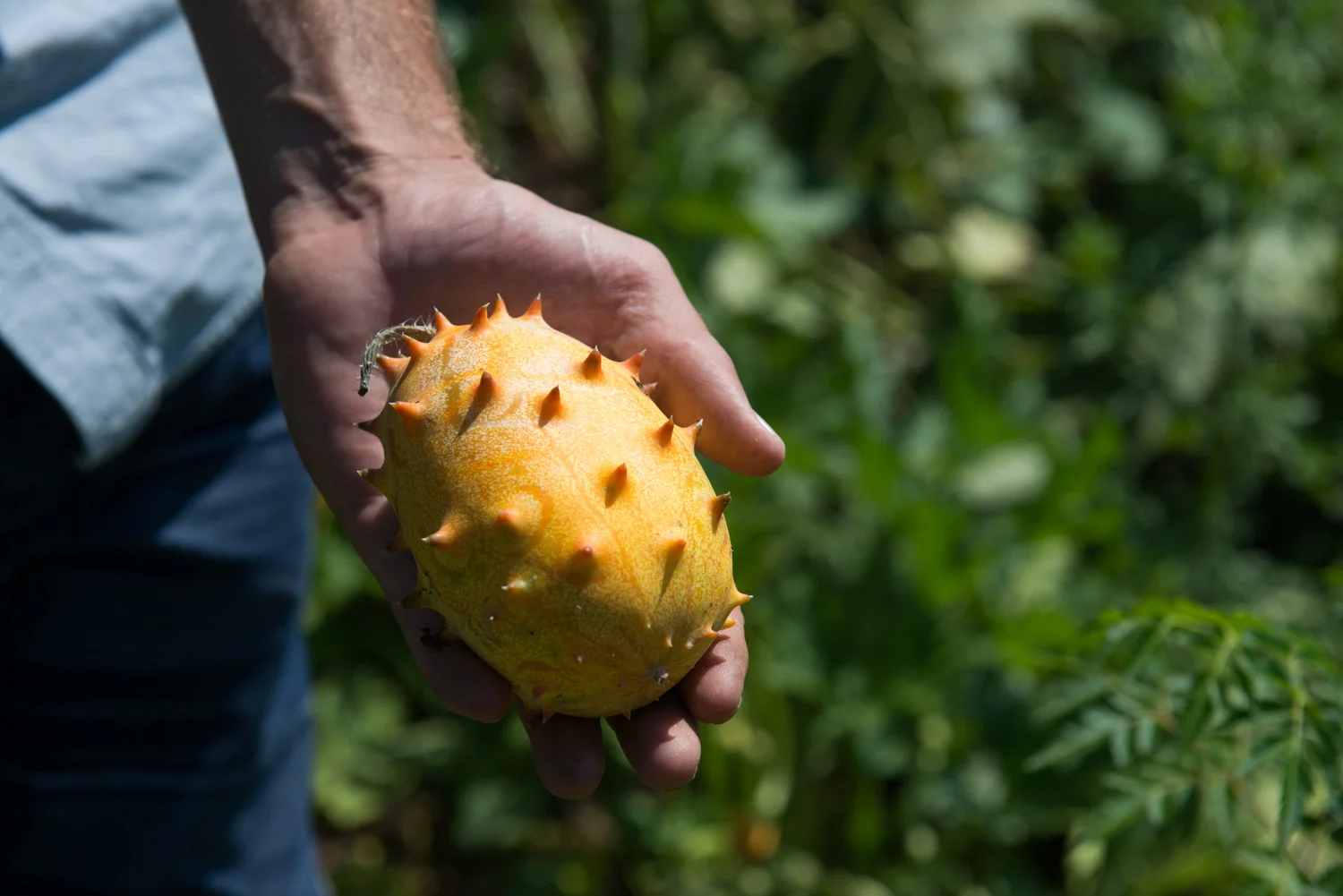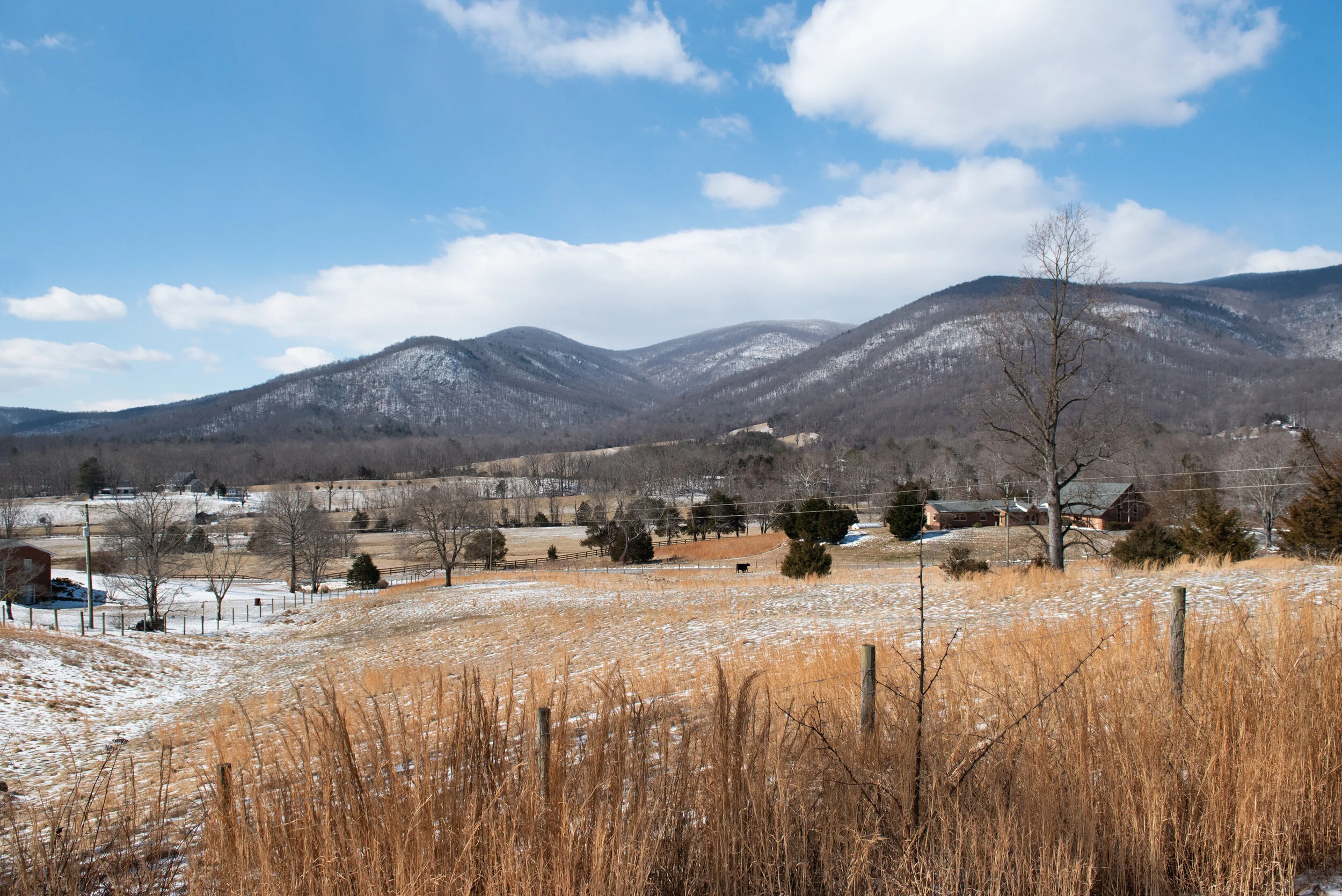Positive Cycle
Last month I had the delightful opportunity to meet with Jacques and Amy of Positive Cycle, an organization in Johannesburg that offers installation and maintenance of vegetable gardens, along with educational gardening workshops and lessons. I left my home in Vereeniging Monday morning under warm sunny skies, but about an hour later, just a few blocks away from my destination, a heavy summer storm broke from the sky. Thinking this was an incredibly unfortunate turn of weather for taking photographs, I began to wonder about when I could drive back to Joburg in the next few weeks under more cooperative weather conditions. Upon arriving to the headquarters of Positive Cycle, however it soon became clear that the downpour was an all-too-perfect photo opportunity.
The Positive Cycle office is based out of a house in an Auckland Park neighborhood, where seedlings, small plants, soil and other gardening supplies are available for purchase. Following permaculture practices, the yard is one big garden, designed to strategically disperse rain water throughout the property with spiraling trenches. As the rain dumped 26mm of water onto the land, the “river” began to run from the top of the yard downward. Two Positive Cycle gardeners named Promise and Lebogang, watched carefully to see if the newly established trenches would guide the water properly. I kicked off my shoes, slung my camera over my neck, opened up an umbrella and walked through the garden, documenting this gleeful experience!
Having been established only four years ago, Positive Cycle has already been involved with initiating about 60 vegetable gardens and farms for schools, homes and businesses. During my visit, I learned about one incredibly impressive project called God’s Farm Beaulieu, “An ecohydrological masterpiece designed to give back to nature and produce nutrient dense high energy endemic foods for orphans.” You can read more about the project at this link and on Facebook.
In addition to the joy of watching the flowing river at Positive Cycle, I learned some fascinating tokens of information. We spoke of food’s ability to function as medicine. Jacques often hears from clients that they feel so much healthier and more energized when they begin to incorporate home grown herbs and vegetables into their diets.
Here are a few additional pieces of wisdom that I gained from this rainy visit:
Bananas can grow in Johannesburg! I love how tropical some of these photographs look. But for a tall building in the background, it's difficult to imagine such scenes exist in the middle of a city like Johannesburg.
Lamb’s Quarters is edible and its leaves taste like avocado. I’ve been tossing this plant out of my garden for years, when all along I could have been adding it to salads! Just be 100% sure of accurate identification whenever you're wondering about eating a "weed." Try consulting a plant identification guidebook or app. And if you're still uncertain, take a sample of the plant to a local garden nursery.
Lightning helps fertilize soil in a powerful way. I can’t say that I fully understand the science behind this just yet, but from what I gathered, it has something to do with the nitrogen in the air being converted into a usable form for plants.
It’s okay to have holes in your leafy greens. Grocery store greens look a little too perfect. When you begin gardening for yourself, you might feel somewhat discouraged when your plants don’t look as gorgeous as those in the shop. But holes in a leaf are just the proof that you aren’t dousing your garden with chemicals. You are instead creating a living habitat, where plants and creatures are allowed to live and grow together. If your garden is suffering from harmful pests, like aphids, it’ll just take some time to build up healthy soil and strong plants.
Ever heard of companion planting? The idea is that certain plants grow well together, structurally and chemically, such as in the case of the Three Sisters strategy, which refers to growing corn, beans and squash together. Corn offers an architectural base for the beans to climb. The beans contribute nitrogen to the soil. And the large squash leaves provide shading for the soil. I’ve known of companion planting for a long time, but often feel pretty overwhelmed when it comes to planning out my garden, making sure all the plants get along. Well, Amy taught me a great trick to consider for future garden planning: If the plants taste good together, they’ll probably grow well together. The example she showed me was a basil plant growing between tomato plants, a clear taste-pairing winner when it comes to a caprese salad!
For any individuals or organizations in Gauteng looking to incorporate edible gardening into your surroundings, consider contacting Positive Cycle as a starting point.
- Christin




















